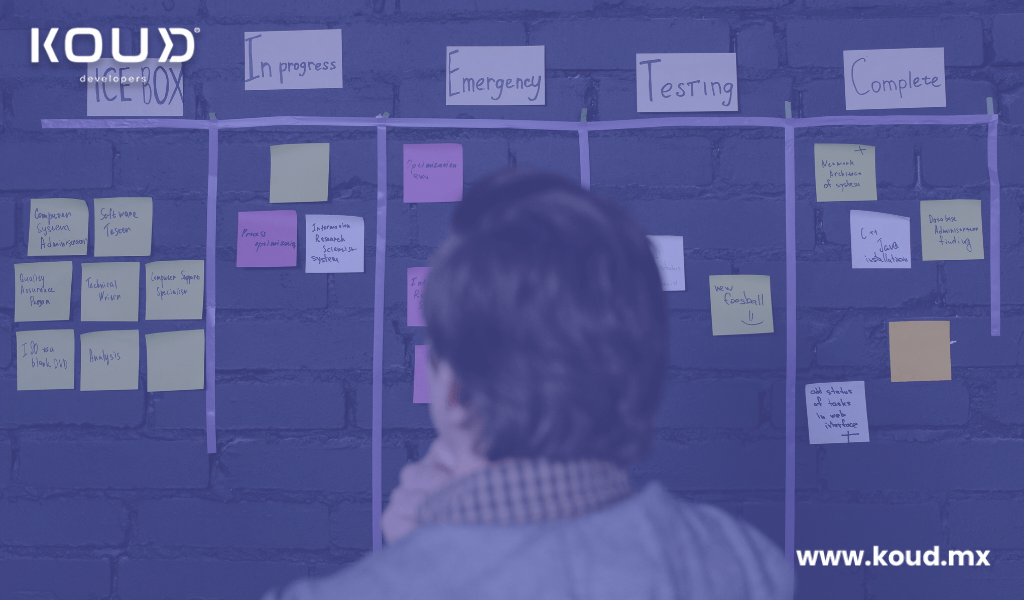Essential Skills for a Successful Scrum Master
The Scrum Master role is critical for the success of agile teams. Beyond facilitating meetings and removing impediments, a Scrum Master must possess a diverse set of technical and interpersonal skills to ensure the team operates efficiently while adhering to agile principles.
In this article, we’ll explore the essential skills of a successful Scrum Master, categorized into technical competencies, interpersonal skills, and leadership qualities, and discuss their impact on development teams.
1. Technical Competencies of the Scrum Master
While a Scrum Master doesn’t need to be a technical expert, they should understand the fundamentals of agile methodologies and the tools their team uses.
Key Technical Skills:
- Deep knowledge of Scrum and agile methodologies: Understanding ceremonies, roles, and artifacts of Scrum, as well as other methodologies like Kanban or SAFe.
- Backlog management: Collaborating with the Product Owner to ensure the team understands sprint priorities.
- Proficiency in agile tools: Expertise in platforms like Jira, Trello, or Monday.com for sprint planning and tracking.
Practical Example:
A skilled Scrum Master might use a burn-down chart in Jira to monitor sprint progress and identify potential delays.
2. Effective Communication Skills
Communication is a cornerstone of the Scrum Master role, as they act as a bridge between team members and stakeholders.
Key Aspects of Communication:
- Active listening: Understanding team concerns and challenges.
- Meeting facilitation: Ensuring Scrum ceremonies are productive and time-efficient.
- Clarity in messaging: Translating technical concepts into accessible language for non-technical stakeholders.
Benefit:
Effective communication reduces misunderstandings and enhances alignment between the team and project objectives.
3. Problem-Solving Skills
A successful Scrum Master is a proactive problem solver who identifies and removes obstacles that hinder the team’s workflow.
How They Excel:
- Quick analysis: Identifying the root cause of an issue and prioritizing its resolution.
- Collaboration: Working with other teams or departments to address external dependencies.
- Creativity: Finding innovative solutions to optimize team productivity.
Practical Example:
If the team lacks access to a critical testing environment, the Scrum Master coordinates with the IT department to resolve the issue promptly.
4. Servant Leadership
The Scrum Master is a servant leader, empowering the team to reach its full potential without imposing authoritative decisions.
Characteristics of Servant Leadership:
- Facilitate, don’t dictate: Guiding the team instead of making decisions for them.
- Empowering team members: Encouraging self-management and decision-making.
- Leading by example: Demonstrating integrity and commitment to agile principles.
Benefit:
A team supported by a servant leader works with greater confidence and autonomy.
5. Change Management Skills
In agile projects, change is inevitable. A successful Scrum Master helps the team and stakeholders adapt effectively.
Managing Change:
- Transparent communication: Explaining why changes are necessary and how they benefit the project.
- Mitigating resistance: Addressing concerns empathetically.
- Reorganizing priorities: Assisting the team in adjusting the backlog to accommodate changes.
Example:
When a client requests a new feature mid-sprint, the Scrum Master helps the team evaluate its impact and adjust the backlog accordingly.
6. Facilitation Skills
The ability to facilitate effective meetings is a critical skill for a Scrum Master, ensuring Scrum ceremonies are productive and focused.
Best Practices for Facilitation:
- Structured meetings: Preparing clear and focused agendas for each ceremony.
- Inclusive participation: Ensuring everyone has the opportunity to contribute.
- Conflict resolution: Maintaining a positive and collaborative environment.
Benefit:
Well-facilitated meetings save time and allow the team to concentrate on delivering value.
7. Coaching Skills
A successful Scrum Master also acts as a coach, helping the team improve their technical skills and adopt agile practices.
Key Aspects of Coaching:
- Constructive feedback: Providing input that drives individual and team improvement.
- Mentorship: Supporting team members in developing new skills and overcoming challenges.
- Motivation: Encouraging a growth mindset and continuous improvement.
Example:
If a developer struggles with completing tasks within estimated timeframes, the Scrum Master provides guidance on better estimation techniques.
Being a successful Scrum Master requires a balance of technical expertise, effective communication, leadership, and adaptability. These skills not only help teams achieve their objectives but also foster a collaborative and motivated work environment.
If you want to develop these skills and elevate your agile team to the next level, join our exclusive webinar.

